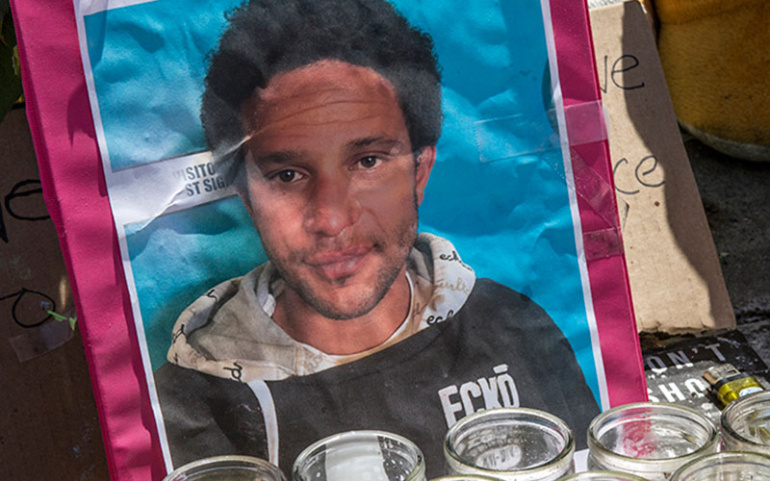LOS ANGELES — A former Los Angeles police officer was not surprised that District Attorney Jackie Lacey decided not to file charges against a former police officer who killed an unarmed black man near the Venice Beach boardwalk in 2015.
Retired LAPD Sgt. Cheryl Dorsey said, “When the District Attorney’s Office has a symbiotic relationship with the LAPD, it would come as no surprise that [Lacey] declined to prosecute the officer in the shooting as she’s declined to prosecute most officers who are involved in deadly force incidents.”
Less than 60 days from the third anniversary of the shooting, Lacey’s decision not to prosecute LAPD Officer Clifford Proctor, who resigned from the department in 2017, went against the recommendation of Police Chief Charlie Beck, who thought Proctor should be prosecuted for killing Brendon Glenn, a homeless black man who was unarmed when he was killed.
But Dorsey said Beck supported the prosecution of the officer because Proctor is an African-American man.
“[Proctor] was a sacrificial lamb and Charlie Beck was hoping to garner favor with … the community in prosecuting an officer, albeit a black officer,” Dorsey said.
Civil rights activist Najee Ali thinks the case is another example of police brutality.
“It’s a culture of police abuse and police brutality where all cops, regardless of their race, feel that they can be abusive and even kill unarmed citizens,” Ali said.
On May 5, 2015, Glenn was shot and killed by Proctor after creating a disturbance near the Venice boardwalk.
Lacey said her decision not to prosecute was based on “insufficient evidence” to file a criminal case and that Proctor “observed a threat posed by Glenn” and acted reasonably. In an 83-page letter detailing the investigation into the shooting, Lacey wrote that Proctor thought Glenn reached for his partner’s gun.
“We never consider police agencies’ opinion or request to file a case if we don’t believe the evidence is there, and that’s the same with the police commission,” Lacey told reporters after announcing her decision. “I consider them public officials and I feel that their mission and the evidence they considered was substantially different and they had a different standard of proof.
“A letter from the chief indicating that he thinks we ought to file charges is no different from a police officer bringing a packet of evidence in here and saying, ‘I think you ought to file this.’”


Add Comment